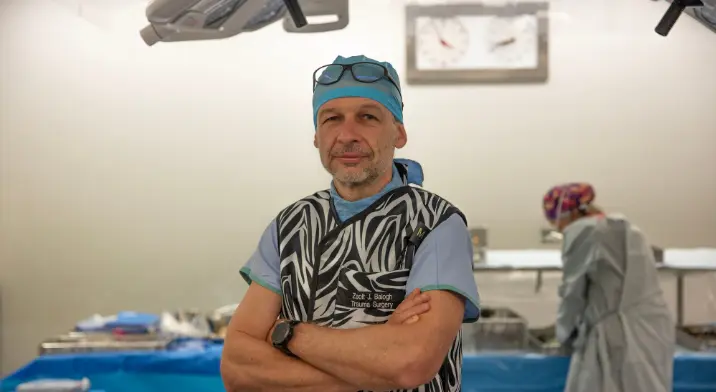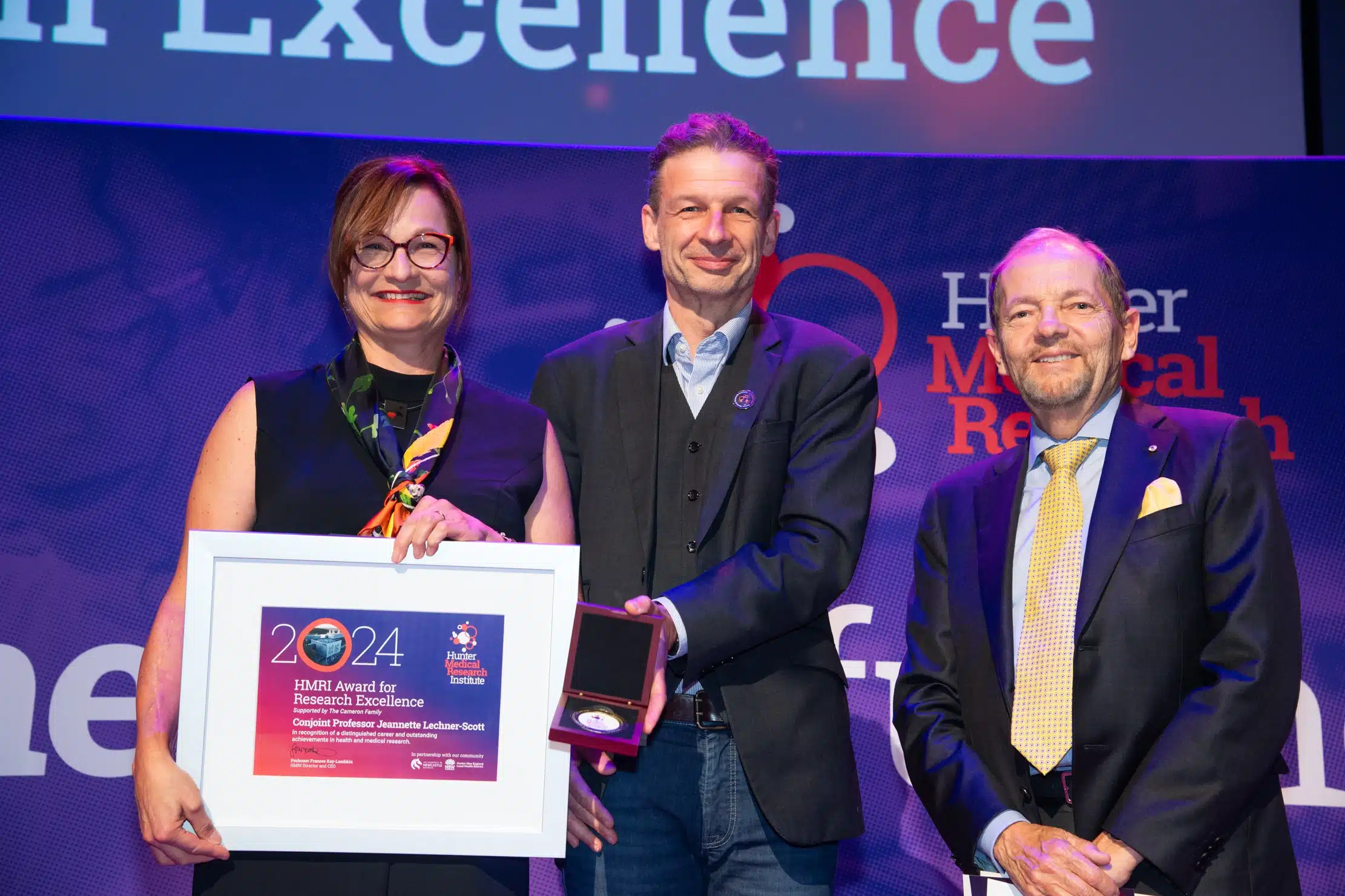Dr Elissa Elvidge is a mixed methods researcher whose work focuses on improving clinical and public health outcomes through community-led research partnerships. Despite being an early career researcher, Dr Elvidge has already made significant contributions to the literature, including leading the development of validated cultural safety tools and training programs.
To date, she has been awarded over $5.5 million in research funding related to improving health outcomes in Aboriginal and Torres Strait Islander people.
Dr Elvidge has led independent research involving local, national and international collaborative networks. She has collaborated with academics from Oxford University and the University of Southampton (UK) as well as First Nations researchers in New Zealand, America, Alaska, Canada, Hawaii and Spain.













